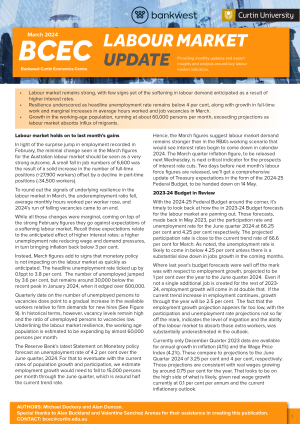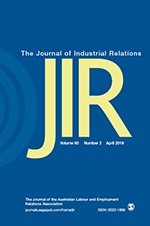Gender gaps in long-term earnings and retirement wealth
We measure gender gaps in long-term earnings and retirement wealth over the 15-year period from 2001 to 2015. Our analysis of data from the Housing, Income, and Labour Dynamics in Australia survey generates new estimates of the effects of education on men’s and women’s long-term earnings. These show that whilst university qualifications improve women’s long-term earnings, university education does not, on average, lift women’s earnings above those attained by men with a high school qualification. The increment in long-term earnings associated with parenthood also shows a large gender gap favouring men. Parenthood is associated with higher long-term earnings for men but on average this factor has a strong negative association with women’s earnings. The article also maps the consequences of the gender gap in long-term earnings for retirement wealth in the form of superannuation. The results show how the large gender gaps in retirement wealth reflect in large part the economic costs arising from the gendered division of roles associated with parenthood in many Australian households.





